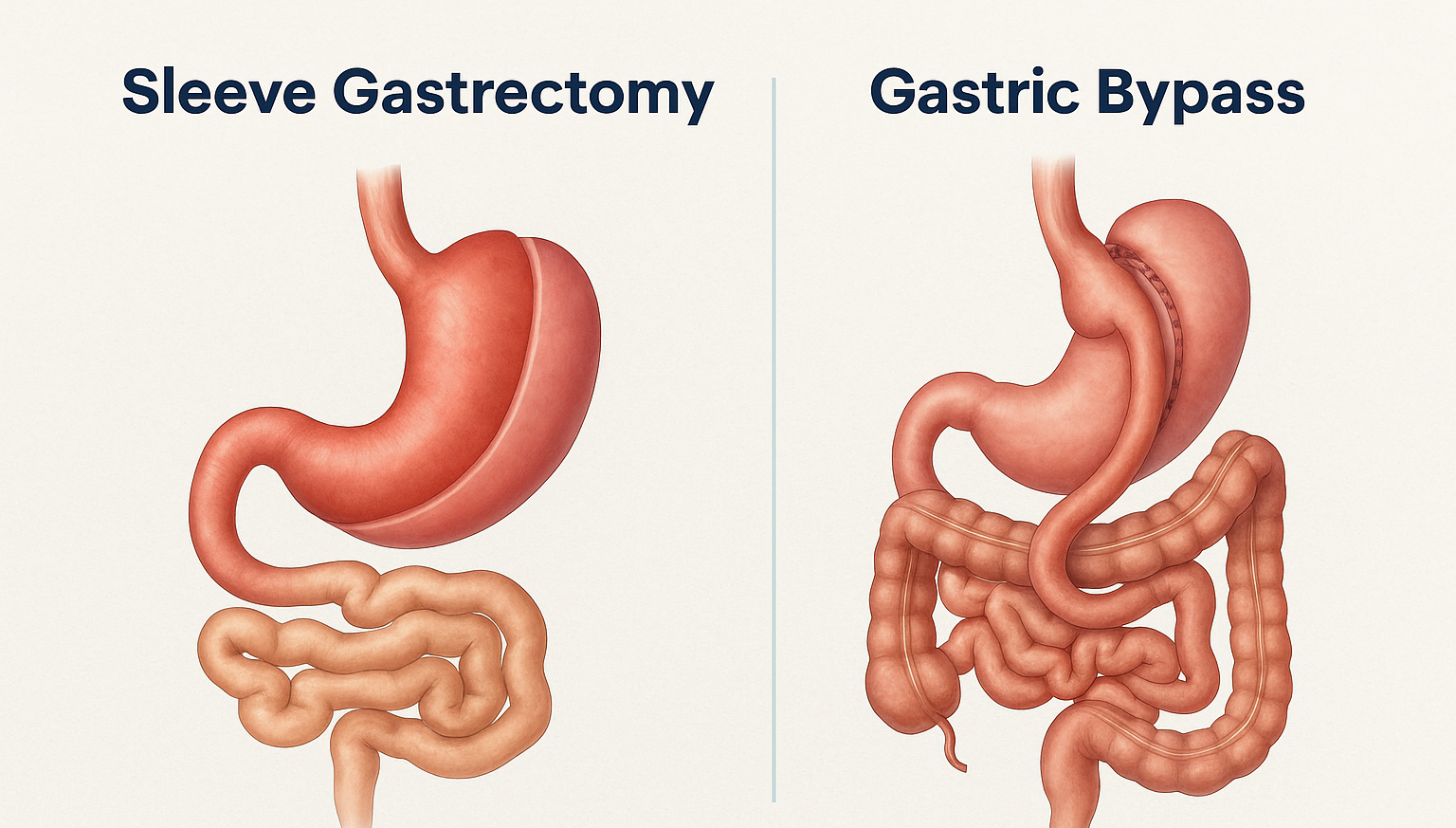
- Healthful Living Insights
Are you addicted to sugar: here’s how you can break the attraction

Do you need that 3 pm sugar rush?
Do you crave that chocolate bar immediately after dinner?
Can you not pass a bakery without treating yourself to something sweet?
Chances are, you might be addicted to sugar! A study conducted by French scientists in rats revealed that they chose sugar over cocaine, even though they were addicted to cocaine.
When we talk about sugar, it’s not just the table sugar we add to our tea or that piece of chocolate we eat after lunch. Unfortunately, these are just the most obvious sources of sugar. The hidden sugars are found in ketchups, ready-to-eat meals, cold drinks, bakery goods, and even low-fat versions of foods.
So why is there so much fuss about sugar?
Excessive sugar intake is a leading cause of dyslipidemia (high levels of triglycerides and low levels of HDL – the good fats), which contributes to cardiovascular disease.
Too much sugar also leads to obesity, which is one of the main causes of diabetes. India is second only to China in the number of diabetics, with approximately 63 million diabetics expected to rise to over 100 million by 2030.
All carbohydrates break down into sugar, but the problem with sucrose (table sugar) is that it’s made up of glucose and fructose. Fructose doesn’t metabolize the same way as other carbohydrates. It tricks our brains into thinking we aren’t full, leading to more cravings. Plus, excess fructose is stored in the liver, causing fatty liver disease.
Fructose is present in almost all processed foods. So even if we cut out the obvious sources of sugar, we need to be aware of the hidden sugars. This is why it’s important to read labels and not be fooled by “low-fat” claims, which might actually be doing you more harm than good.
You might argue that fructose is also found in fruits, but the amount present in fruits is much lower and balanced with beneficial nutrients, unlike processed foods that are high in fructose and low in nutrients.
When we look at the bigger picture, it’s clear that sugar is making us fatter and sicker. However, you can be smart about cutting it out of your life. Here are some tips we share with our patients at Digestive Health Institute:
- Gradually reduce the amount of sugar you add to your tea.
- Start reading labels and look for sugar, glucose, fructose, and high-fructose corn syrup.
- The next time you feel a sugar rush, grab a fruit to curb the craving.
- If you’re addicted to soft drinks and can’t give them up altogether, dilute fresh juice with sparkling water as a substitute.
- Give yourself time. It takes at least four weeks for your palate to adjust, but once you start saying no to sugar, you’ll feel fresher, more energetic, experience fewer mood swings, and even lose weight.

© 2025 Copyright : DHI | POWERED BY PEPMEDIA









